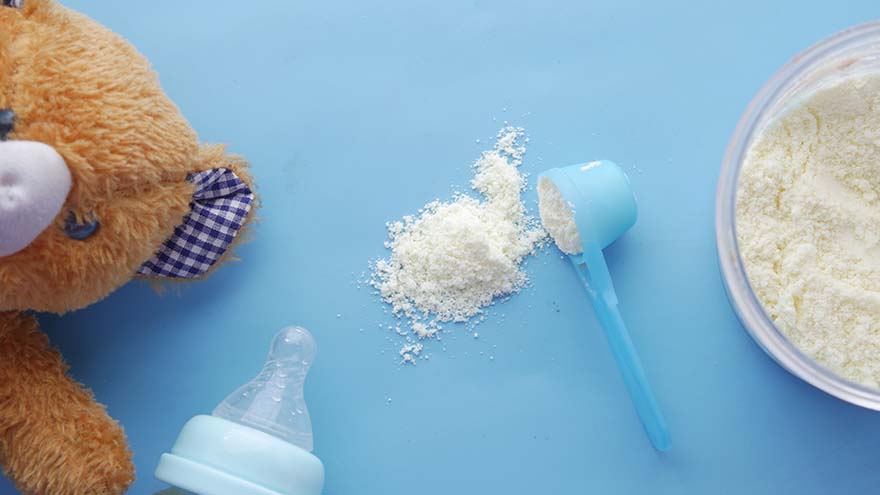Buscar
-
Nurturing Your Child's Back-to-School Mental Health
The back-to-school season is here, and ensuring your child's successful transition involves more than just school supplies and schedules. At Renown Children’s Hospital, and in collaboration with Nevada Pediatric Psychiatry Solutions, we understand the vital role that mental health plays in a child's overall well-being and academic performance. Below we'll guide you through essential tips for a smooth back-to-school experience, with a special focus on nurturing your child's mental health. How to Support Your Child’s Mental Health from Home Remember, the below strategies can be adapted to align with your child's personality, learning style and household dynamics. Flexibility and understanding are key in tailoring these tips to suit your child's unique needs. 1. Be Open to Communication: Recognize that effective communication is the cornerstone of understanding your child's feelings and concerns. Create a safe space where your child feels comfortable expressing their thoughts. Listen to learn, without judgment. Make it a point to validate their emotions and ensure they are heard. Encourage sharing experiences,worries, friends and challenges they may be facing. Having open conversations about sensitive topics opens the door for discussion and understanding. Make yourself available. 2. Establish a Routine: A consistent routine can offer a sense of stability and predictability for your child, and anticipation helps to decrease anxiety and establish a sense of control. Join forces and design a daily schedule that includes time for schoolwork, play, physical activity, meals and relaxation. Be flexible about the structure to allow room for last-minute changes including extra activities based on that day’s needs as well. Always add time for play and bonding. 3. Practice Compassion: Back-to-school can come with big emotions. Listening reflexively and acknowledging these feelings can help you and your child act positively on these big emotions. 4. Get Involved: Actively engage in your child's school life by participating in school events, meetings and discussions. Show interest in their educational journey, ask about their experiences and provide guidance when needed. Being present in their academic pursuits not only boosts their confidence but also strengthens the parent-child bond. 5. Use Positive Reinforcement: Celebrate your child's achievements, no matter how small they may seem. This allows for a sense of accomplishment and boosts self-esteem. Praise efforts, progress and perseverance, whether it's completing an assignment, making a new friend or overcoming a challenge. This positivity encourages a growth mindset and resilience. 6. Organize a Schoolwork Zone: Create a comfortable workspace at home dedicated to school-related tasks. Customize the area based on your child's preferences and needs. Having a designated space for studying and completing assignments promotes focus, reduces distractions and enhances their overall learning experience.
Read More About Nurturing Your Child's Back-to-School Mental Health
-
How to Navigate the Baby Formula Shortage
With the ongoing baby formula shortage in the United States, many parents are questioning how they can safely feed their babies and keep them healthy. Pediatrician Karen Wagner, APRN with Renown Medical Group answers some questions on what to do (and not to do) during this challenging time. What if I cannot find my baby’s formula in any stores or online retailers? If you run out of the formula you give your baby and are unable to find it through any trusted retailers, you should start by calling your baby’s pediatrician for recommendations on other safe feeding alternatives. Many pediatricians are advising that, as long as your baby has no special diet or medical needs, they can be switched to a different kind of FDA approved baby formula, if it’s purchased from a well-recognized distributor and not through an auction site or an individual you don’t know. It’s also important to make sure the formula is not expired, as it may no longer be safe or have the correct levels of nutrients. Can I make my own baby formula? Or can I dilute the formula I have? No, it is very dangerous to attempt making your own formula, as it can lead to infection and will not have the right amount of nutrients your baby needs to develop and grow. It’s also unsafe to dilute your formula supply, as doing so will cause a lack of nutrients which can lead to your baby having severe health issues down the road.

